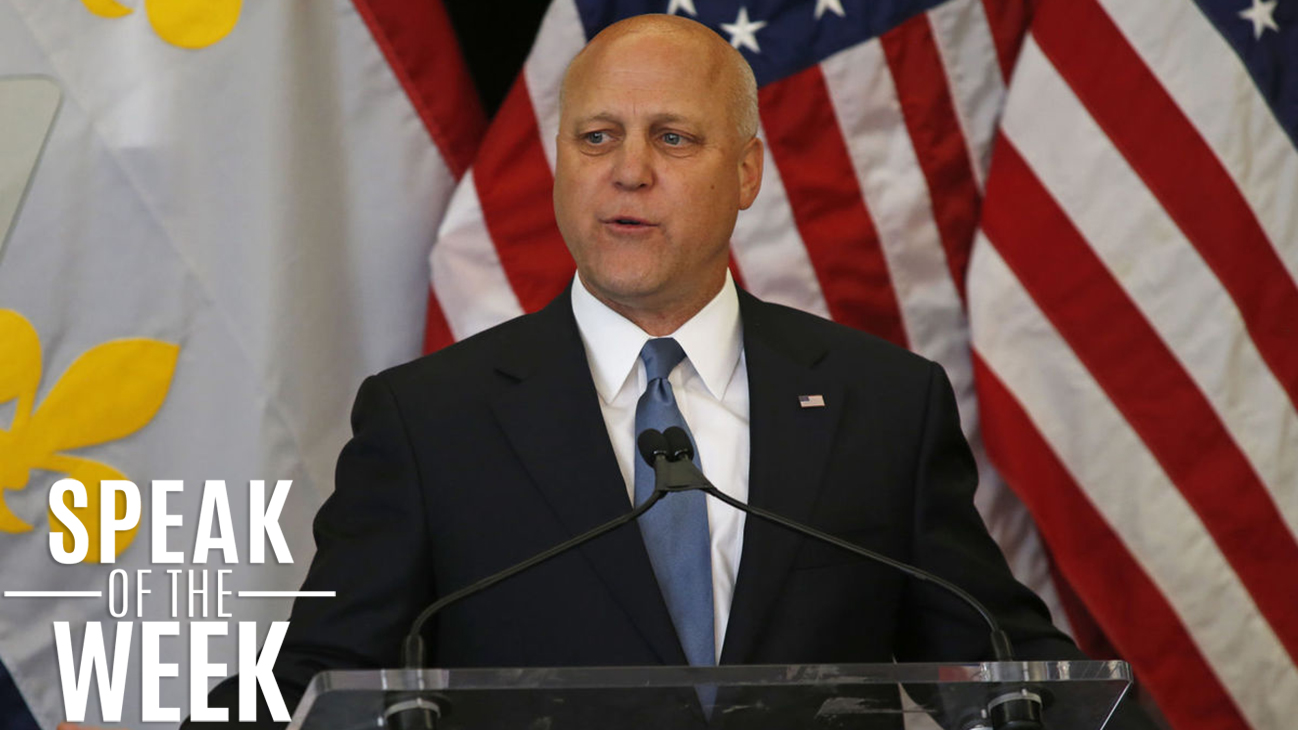Last Friday, the Mayor of New Orleans, Mitch Landrieu, gave what has been called “one of the great modern speeches on history and race in America”.
Delivering his address before the removal of a statute of Robert E. Lee from the city – a removal that marked the relocation of the last of four statues which had prominently enshrined what’s referred to as the “Lost Cause of the Confederacy” – Landrieu’s speech brought “astonishing moral and historical clarity” to a chapter of not only the city’s history, but to the entire history of the United States.
The removal of the monuments was the result of many years of city-wide debates in New Orleans, served to acknowledge that the statues were not, as some had argued, symbols of an idyllic “southern” way of life from a bygone era, but instead were unmistakable symbols of white supremacy, and the systemic oppression of black people.
“These statues are not just stone and metal,” Landrieu told the crowd. “They are not just innocent remembrances of a benign history. These monuments purposefully celebrate a fictional, sanitized Confederacy; ignoring the death, ignoring the enslavement, and ignoring the terror that it actually stood for.”
Landrieu took pains to explain the thought process he and others had gone through when discussing the potential removal of the statues. He spoke about imagining the four monuments from the perspective of an African American mother or father “trying to explain to their fifth grade daughter who Robert E. Lee is” and why he stood atop of the city.
“Can you look into that young girl’s eyes and convince her that Robert E. Lee is there to encourage her?” Landrieu asked. “Do you think she will feel inspired and hopeful by that story?….Have you ever thought that if her potential is limited, yours and mine are too?”
He explained that by removing the monuments, New Orleans was “showing the whole world that we as a city — and as a people — are able to acknowledge, understand, reconcile and, most importantly, choose a better future for ourselves, making straight what has been crooked and making right what was wrong.”
If they were to continue in their ambivalence about this part of their history by not taking down the monuments, the city would, he said, “continue to pay a price with discord, with division, and yes, with violence.”
“We have not erased history,” Landrieu explained of the decision, “we are becoming part of the city’s history by righting the wrong image these monuments represent and crafting a better, more complete future for all our children and for future generations….The Confederacy was on the wrong side of history and humanity….This is the history we should never forget and one that we should never again put on a pedestal to be revered.”
Earlier in his talk, Landrieu touched on the very motto the United States was founded on – “e pluribus unum” — which means, in Latin, “out of many we are one”. For embracing the words that form the bedrock of America, and for exemplifying it with his actions, we chose Mitch Landrieu as our Speak of the Week.

